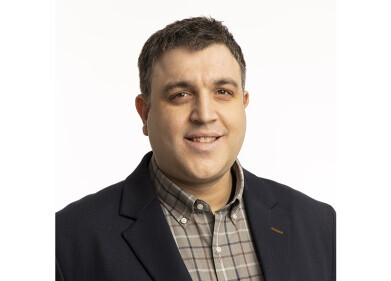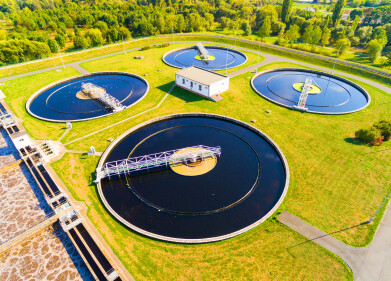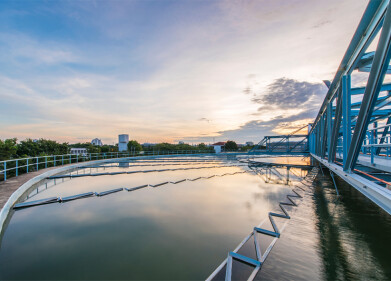Water/Wastewater
How Can Stormwater Overflows Be Reduced?
Oct 29 2022
Stormwater overflows are a safety feature with which older drainage and sewerage systems are equipped to prevent mass flooding and pollution in the event of heavy rainfall. Systems built over 50 years ago still combine their drinking water and wastewater infrastructure, meaning that excess precipitation can cause the sewage to back up into people’s homes and businesses. Stormwater overflows preclude that possibility by releasing diluted effluent into the environment.
However, a combination of factors (including urbanisation, climate change and industry negligence) have meant that these incidents have become far more commonplace than originally envisaged. In 2020, for example, there were 12,092 stormwater overflow discharges, compared with just 862 five years previous. So how can we prevent them from occurring with such alarming frequency in the future? Here are a handful of ways that governments, businesses and individuals can contribute.
Tighter regulations
With the publication of the Environment Act in 2021, the government acknowledged the growing seriousness of the problem of stormwater overflows and outlined their strategy for tackling it. Among other measures, this included obliging water companies to install advanced digital measurement technology to provide more comprehensive data on such events on a more regular basis, as well as putting in place a plan to decrease their frequency.
At the same time, the government also announced it would be targeting a phasing out of unnecessary overflow events in the future. However, the timeline suggested in its proposals (2035, 2045 or 2050 depending on the nature of the site and its specific location) has been criticised by some quarters for not being urgent or comprehensive enough in its approach.
Better behaviour from water companies
Perhaps the biggest factor in reducing stormwater overflows will be the behaviour of the water companies themselves going forwards. In recent years, several guilty parties seem to have made a point of bending the rules and discharging waste illegally so as to save money or cover up transgressions. For example, Severn Water were responsible for pouring untreated wastewater into public waterways on more than 60,000 occasions in 2020.
Nonetheless, its board saw fit to distribute dividends to the tune of £1.9 million to its chief executive, despite having presided over such a poor track record. The fact that Southern Water were fined £90 million last summer for allowing an estimated 16 billion to 21 billion tonnes of raw sewage to contaminate protected coastlines indicates the behaviour is systemic rather than an isolated incident, too.
Public prudence
Holding these multinational corporations to account and stopping them from polluting our waterways with such blatant disregard for public and environmental health will undoubtedly be key in reducing the incidence of stormwater overflow events going forwards. Even so, there are little things that members of the general public can do to play their part, as well.
For example, sewer blockages are often caused by the improper disposal of items down the toilet, including wet wipes, sanitary towels and other non-degrading products. These can build up in the pipelines, causing giant fatbergs and preventing the liquid from flowing freely. Their role in contributing to the overall problem may be a relatively small one, but it should not be underestimated all the same – especially when it’s something that can so easily be fixed. Unless it’s pee, poo or paper, don’t flush it.
Digital Edition
IET 34.2 March 2024
April 2024
Gas Detection - Biogas batch fermentation system for laboratory use with automatic gas analysis in real time Water/Wastewater - Upcycling sensors for sustainable nature management - Prist...
View all digital editions
Events
Apr 30 2024 Melbourne, Australia
Apr 30 2024 Birmingham, UK
May 03 2024 Seoul, South Korea
May 05 2024 Seville, Spain
May 06 2024 Minneapolis, MN, USA
.jpg)

















